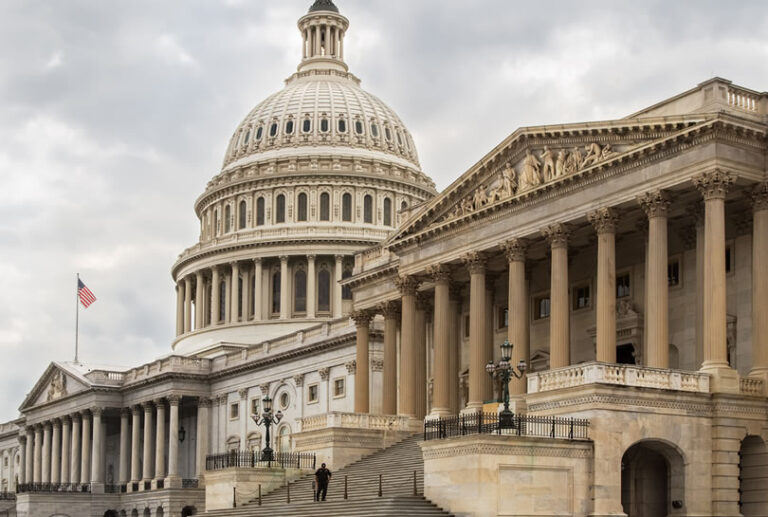Nov. 20, 2019 – In today’s Senate confirmation hearing for Dr. Stephen Hahn, President Donald Trump’s nominee for the Commissioner of Food and Drugs position, Senate Health, Education, Labor, and Pensions (HELP) Committee members questioned Hahn on such topics as opioids, generic drugs, updating the over-the-counter drug monograph, regulating cannabis-related products, and combatting shortages of critical drugs; the most heated questions from the panel centered on FDA regulation of vaping.
In his opening comments, HELP Committee chair Sen. Lamar Alexander (R-Tenn.) set a friendly tone, making clear his personal backing for Hahn and noting that five prior Commissioners submitted a letter of support. The ranking Democratic member of the committee, Sen. Patty Murray (D-Wash.), was more skeptical, expressing reservations about Hahn’s lack of government experience and lack of a record on key issues.
Hahn, a respected radiation oncologist and researcher who has held top leadership positions at MD Anderson Cancer Center, came to the hearing with almost no publicly available comments or writings either on specific FDA initiatives or on broader hot-button healthcare policy issues. And after about 135 minutes of testimony, there were no significant conclusions about how he would approach the FDA Commissioner role.
“At the end of the day, we still know remarkably little about what Dr. Hahn would do as FDA Commissioner,” said Coalition for Healthcare Communication Executive Director Jon Bigelow. “What are his views on approving biosimilars, opioids, gene therapies, or CRISPR-based therapies? What role would he have the FDA play in trying to rein in drug prices? How hard will he push against vaping? Will he be as strong a communicator—with the public and with members of Congress—as his predecessor, Dr. Scott Gottlieb? And what will his first priorities be?” Bigelow asked.
Senators of both parties seemed concerned with the nominee’s responses about vaping. Sen. Mitt Romney (R-Utah) described vaping as “the canary in the coal mine,” saying that what Hahn does on this topic would be a good reflection of how he would handle broader issues. Several senators expressed frustration that there has been a long delay in banning flavored vaping products; Hahn said that he was aware that a final policy was under review but also that has not spoken with President Trump about the administration’s position.
The final questioner, Sen. Doug Jones (D-Ala.), said that going into the hearing he had been impressed by Hahn’s enthusiasm but was “less than happy with your answers to our questions about vaping,” and that he suspected the nominee had been “prepped by your handlers” to keep reverting to vague answers about following science and data. “You’re a lung doctor; the data is strong,” Jones said, suggesting that “the Trump administration advised you to bob and weave” on this issue. Jones asked Hahn to follow up with more detailed responses on banning flavored vaping products and warned that standing up to the administration and industry on this issue “is going to require some courage.”
In general, Hahn proved adept at responding in a friendly and reassuring tone without actually taking a position. He emphasized that he is a practicing physician “deeply committed to his patients” and has management experience in a complex organization. He repeatedly began responses by telling the questioning senator that he “loved” or “enjoyed” their earlier one-on-one conversation on whatever the subject. He promised he would faithfully work with Congress to ensure the public health, and voiced admiration for the capable FDA staff. Challenged whether he could withstand political pressure from lobbyists or the Trump administration, he said he would look at all issues with an open mind based on “data, science, and the law.”
So far Hahn’s nomination seems to be moving forward expeditiously. Today’s hearing took place within three weeks of the nomination. Sen. Alexander said the committee would reconvene to consider the nomination on Dec. 3, and he expects a vote by the full Senate “before the end of the year.”
That schedule would land the vote in the Senate at a perilous time. Congress just approved a second Continuing Resolution on the 2020 budget, further delaying contentious spending decisions until at least Dec. 20. Further, the House is expected to vote on impeachment by the end of the year, with a Senate trial then likely to occur in January.




